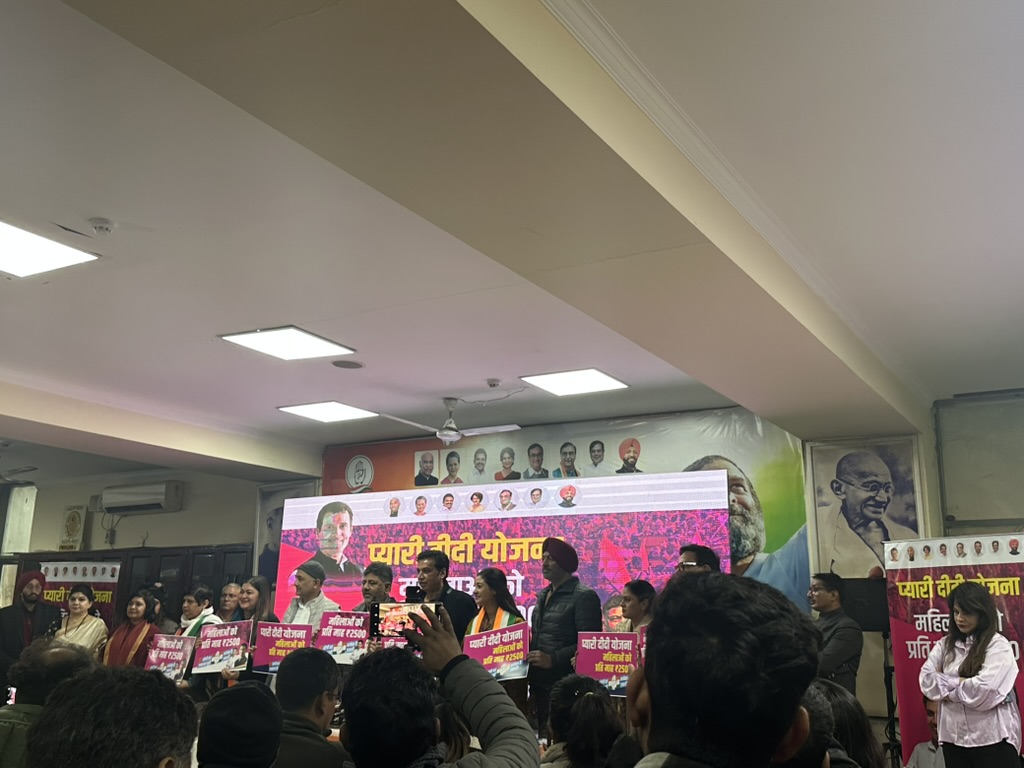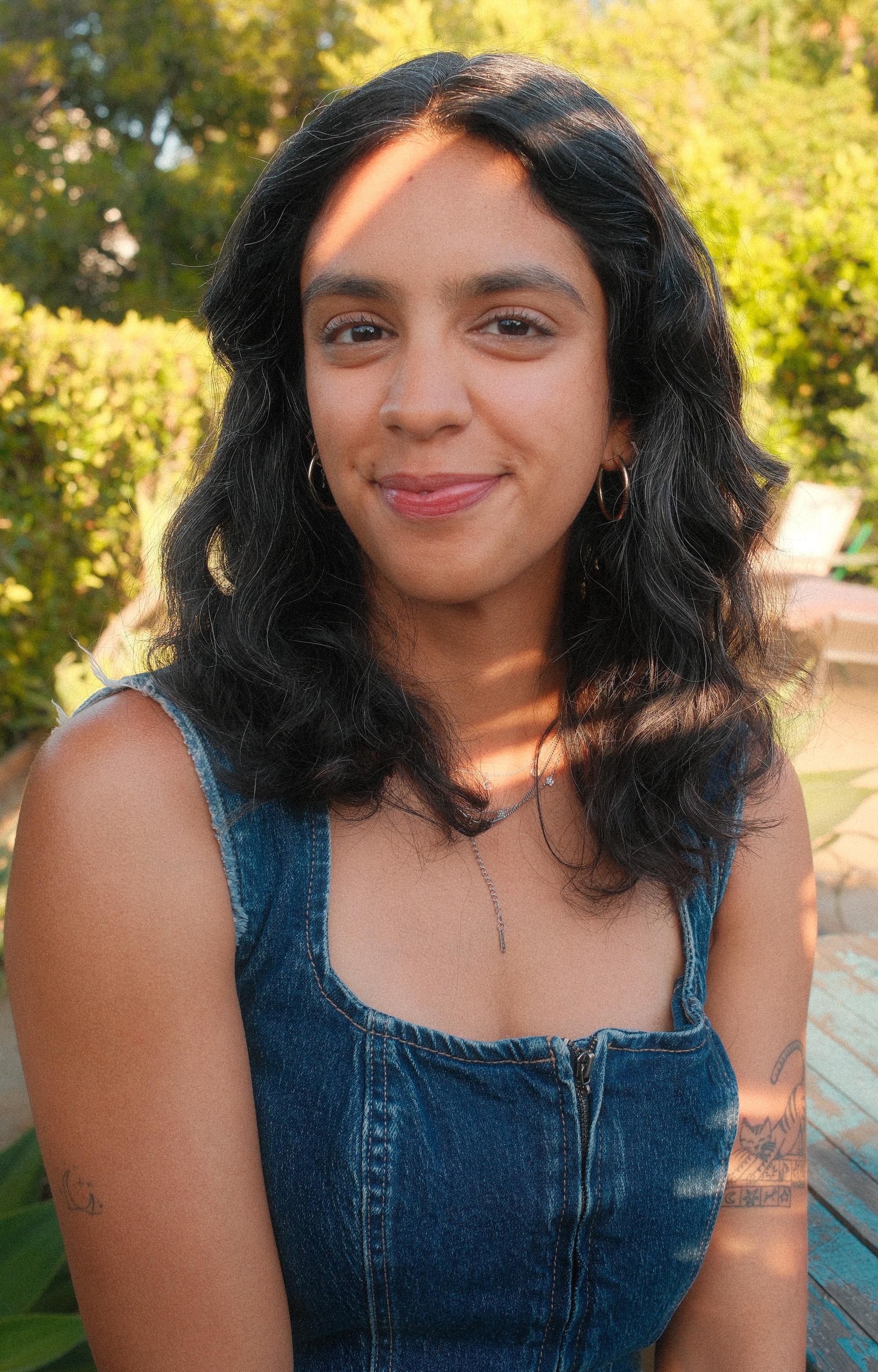Dissertation Project
 2025 Delhi Election Press Conference for Congress Party
2025 Delhi Election Press Conference for Congress Party
Focusing on political parties as the primary pipeline to electoral representation and as gatekeepers to women’s representation, my dissertation asks two main questions. First, how do political parties shape internal party promotion and candidate selection? Second, why does this process create gender gaps within the party hierarchy and electoral candidacy?
I argue that party elites stymie women’s ascent by using seemingly gender-neutral promotion criteria — such as financial contributions and mobilization power — that have deeply gendered consequences. I test my argument using novel survey data collected among political elites from two major political parties in Delhi, India, and ground the empirics in two years of qualitative fieldwork that involved shadowing electoral campaigns and interviewing various political actors.
| Survey Instrument | OSF Pre-Registration |
